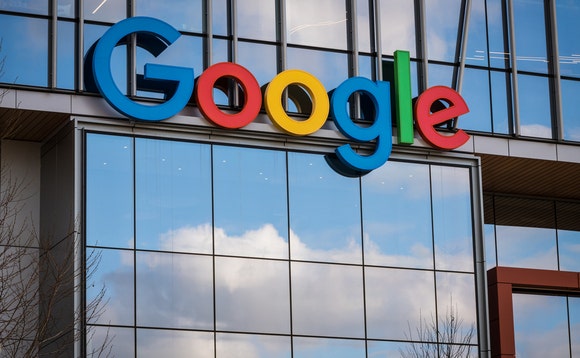But the search giant will have to share some of its data with rivals

Alphabet stock jumps 8% as judge rules against forced Chrome sale, opting for search data sharing requirements over DOJ’s breakup demands.
Alphabet shares surged in after-hours trading on Tuesday following a US court ruling that stopped short of ordering the company to sell off core parts of its business.
The decision comes after Google was found last year to have held an illegal monopoly in internet search. While District Judge Amit Mehta confirmed remedies were needed, he dismissed the most far-reaching proposals made by the Department of Justice (DOJ).
“Google will not be required to divest Chrome; nor will the court include a contingent divestiture of the Android operating system in the final judgment,” the ruling stated. “Plaintiffs overreached in seeking forced divestiture of these key assets, which Google did not use to effect any illegal restraints.”
Alphabet stock rose 8% after the judgment, while Apple stock climbed 4% in extended trading.
Google currently pays Apple billions each year to remain the default search provider on iPhones, with previous testimony revealing Google pays Apple 36% of Safari search ad revenue.
Restrictions on Google’s search practices
The DOJ argued during the remedies trial in May that exclusive contracts had helped cement Google’s dominance, following months of speculation about a potential breakup. Mehta ruled that the company can still make payments to partners for preloading products, but it cannot make those deals conditional on exclusivity.
“The court’s ruling today recognises the need for remedies that will pry open the market for general search services, which has been frozen in place for over a decade,” the DOJ said in a statement. “The ruling also recognises the need to prevent Google from using the same anticompetitive tactics for its GenAI products as it used to monopolise the search market.”
As part of the order, Google will be required to provide rival companies with access to some of its search index and user interaction data, though advertising data was exempted. The court said the datasets must be shared on “ordinary commercial terms that are consistent with Google’s current syndication services.”
Commenting on the ruling, the Android maker said it has concerns over how the outcome will affect its customers.
“Now the Court has imposed limits on how we distribute Google services and will require us to share Search data with rivals. We have concerns about how these requirements will impact our users and their privacy,” Google wrote in a blog post.
The final judgment is expected after both parties meet again before 10th September.
Beyond the search monopoly case, Google faces other legal battles across different markets. The company has vowed to continue fighting a ruling that requires it to overhaul its app store following a successful lawsuit by Fortnite developer Epic Games.
Google is also set to face trial later this month for remedies in a separate case brought by the Justice Department, where a judge ruled the company maintains illegal monopolies in online advertising.

